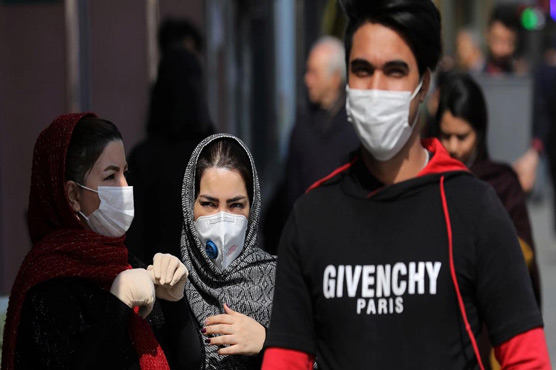Do masks help boost Covid immunity?

Masks are widely recommended to slow the spread of infection.
PARIS (AFP) - Could the mask -- already seen by many scientists as the most effective shield against Covid-19 -- have yet another benefit? Some researchers now believe that they expose wearers to smaller, less harmful doses of the disease which spark an immune response.
This as yet unproven theory suggests that masks could help inoculate people while we wait for a vaccine.
Non-medical fabric or disposable masks have been recommended across the world, mainly as a way to help stop infected people from spreading the new coronavirus.
While they do not offer full protection, masks may potentially reduce the amount of virus inhaled by a wearer, according to a recent paper published this month in the prestigious New England Journal of Medicine (NEJM).
"We hypothesise that the higher a dose (or inoculum) of virus you get into your body, the more sick you get," one of the authors Monica Gandhi, a specialist in infectious diseases at the University of California San Francisco, told AFP.
"We think that masks reduce that dose of virus that you inhale and, thereby, drive up rates of asymptomatic infection."
Gandhi, director of the UCSF-Gladstone Center for AIDS Research, said that asymptomatic infection was linked to a strong immune response from T lymphocytes -- a type of white blood cell -- that may act against Covid-19.
"We think masks can act as a sort of ‘bridge’ to a vaccine by giving us some immunity", she said, adding that researchers were launching several studies to try and test the theory.
These would include looking at whether the requirement of a mask in certain cities had reduced the severity of the disease there.
They are also looking at antibody studies in Taiwan, where masks are ubiquitous but there are very few restrictions.
"Of course, it’s still a theory, but there are many arguments in its favour," Bruno Hoen, director of medical research at the Institut Pasteur in Paris, told AFP.
He said we should "take a different look at the use of masks", which were initially deemed unnecessary by health authorities, against the backdrop of shortages.
Today, they are widely recommended to slow the spread of infection.

